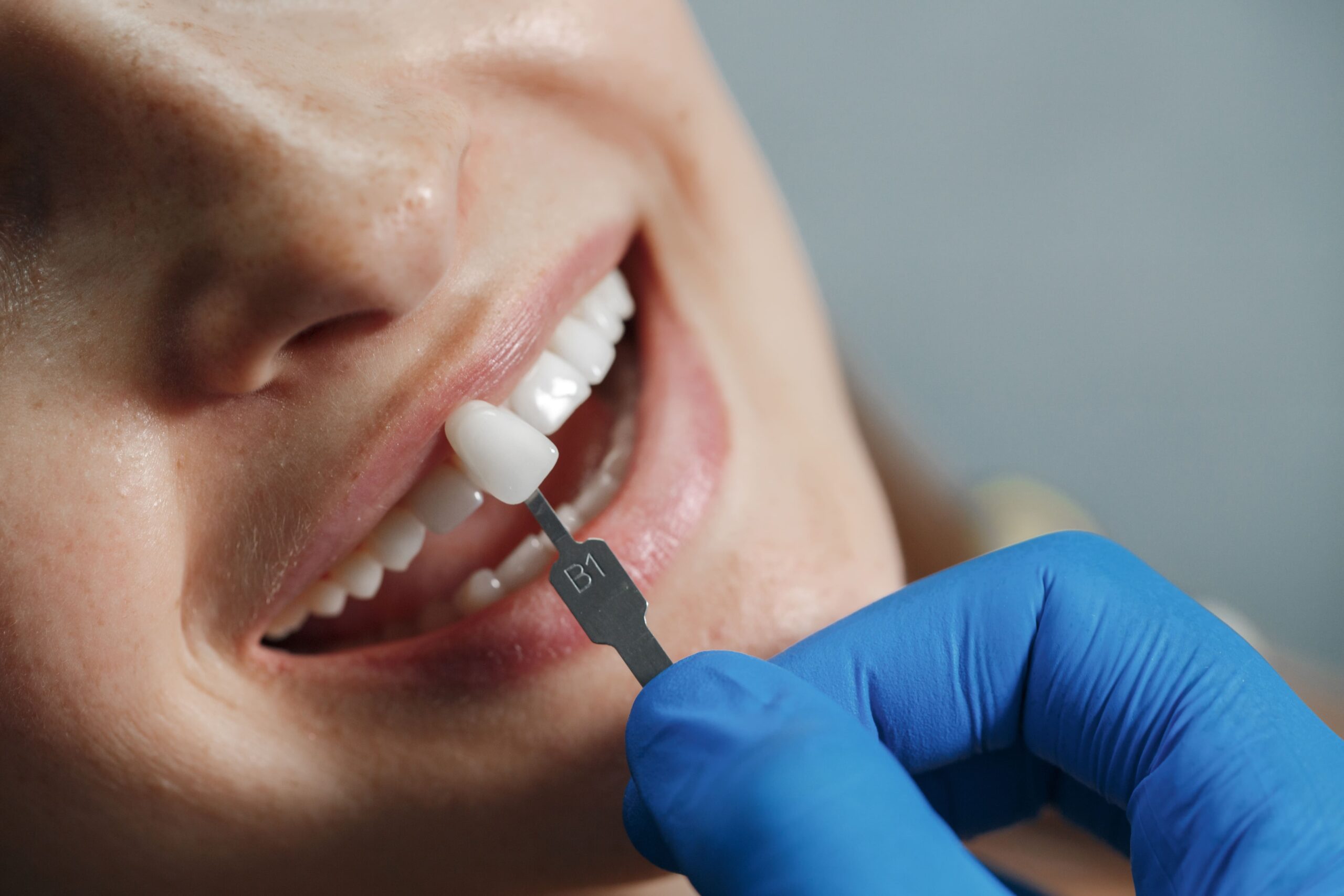More than 14 years of experience .
Dental Crowns And Bridges .
Dental crowns are dental prosthetics placed over damaged or weakened teeth to restore their shape, function, and appearance. Crowns completely cover the tooth from the gum line upward, providing additional protection and support.
Dental bridges, on the other hand, are structures used to replace one or more missing teeth. They consist of a series of connected crowns that are placed over the teeth adjacent to the empty space, known as abutment teeth, and a false tooth or pontic that is attached to the crowns and fills the space of the missing tooth.
Both dental treatments, crowns and bridges, require proper dental preparation before placement and are custom-made to match the shape and color of natural teeth.

Benefits
Here are five benefits of dental crowns and bridges:
Restored Functionality: Dental crowns and bridges restore the functionality of damaged or missing teeth, allowing for proper biting, chewing, and speaking abilities.
Enhanced Aesthetics: Crowns and bridges are designed to match the shape, color, and alignment of your natural teeth, improving the overall appearance of your smile.
Durability and Longevity: Made from strong materials such as porcelain or metal alloys, dental crowns and bridges are highly durable and can withstand the forces of daily chewing and biting for many years.
Protection and Stability: Dental crowns provide added protection and stability to weakened or cracked teeth, preventing further damage or decay. Bridges, on the other hand, help maintain the alignment of surrounding teeth, preventing them from shifting into the gap left by a missing tooth.
Improved Oral Health: By restoring damaged or missing teeth, crowns and bridges contribute to better oral health. They can help prevent further dental problems, such as shifting of teeth, bite problems, and jawbone deterioration.
Remember to consult with a dental professional to determine if dental crowns or bridges are suitable for your specific dental needs, as each case is unique and requires an individualized treatment plan.
Longevity
Dental crowns and bridges typically have an average lifespan of 10 to 15 years, although this can vary depending on factors such as oral care, dietary habits, teeth grinding (bruxism), among others.
It is important to note that dental crowns and bridges are not indestructible and may experience wear over time. However, with proper care and maintaining good oral hygiene, it is possible to extend their lifespan.
To ensure extended longevity of dental crowns and bridges, it is recommended to follow these guidelines:
Maintain good oral hygiene: Brush teeth twice a day, floss daily, and have regular dental visits for cleanings and check-ups.
Avoid foods and beverages that can damage or stain crowns and bridges, such as hard foods, sticky chewing gum, coffee, tea, and tobacco.
Avoid excessive use of teeth for biting or opening hard objects, as this can damage the crowns and bridges.
Use mouthguards during contact sports or when experiencing teeth grinding.
If any changes in appearance, sensitivity, or fit of dental crowns and bridges occur, it is important to promptly consult a dentist to evaluate the need for repair or replacement.
